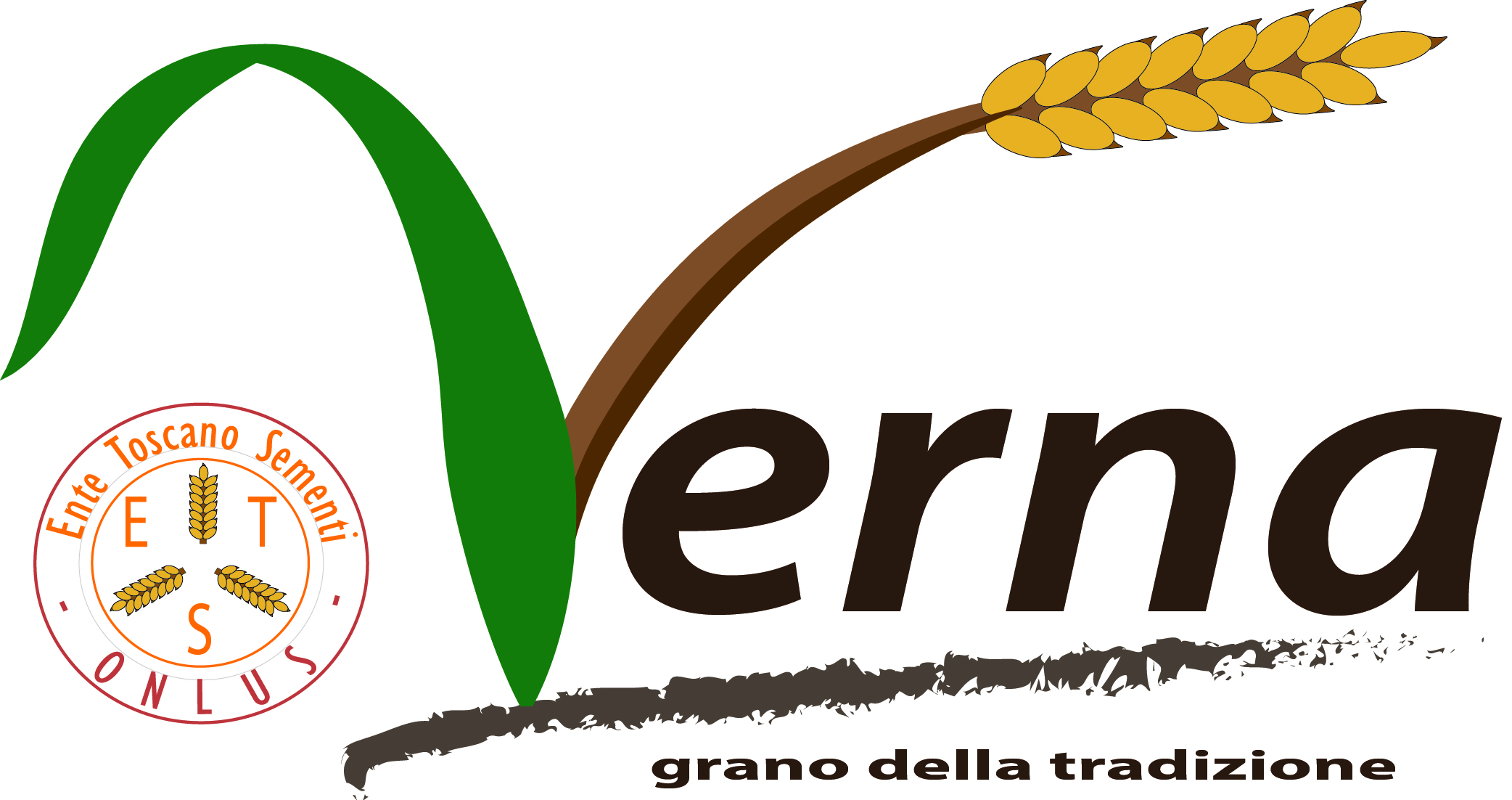The market for food products and in particular that of cereals and legumes has remained on the sidelines for years, Community policies that over the years have contributed to enhancing other productions, have obtained, in addition to a contraction in production, a lack of certainty about the quality of the product and on cultivation methods.
The market is increasingly demanding products made with native seeds, which possess adequate nutraceutical and health characteristics. In particular, in the bakery sector, for example, we are witnessing a surge in demand for bread produced with “ancient grains” or rather, from the “Tuscan tradition”. Despite the growing demand, cereal growers are, on the contrary, going through a period of great economic difficulties due to a “globalized” market that does not adequately remunerate the production of our territory. The consumer is also willing to pay significant amounts to purchase products with characteristics capable of satisfying his requests, more “safe” and above all of certain origin and linked to the territory, the economic advantage, however, in actuality, is not equally redistributed on the whole supply chain.
The sudden acceleration of the request was matched by an offer that was not always in line with expectations, also due to the delay with which the market requests were perceived and the supply chains were launched. In particular, we are witnessing a proliferation of thick offers supported by non-certified productions.
To protect the consumer from inappropriate productions that do not always meet the declared quality, even, in some cases they do not even correspond to the quality standards of the product offered, the need was felt to set up a consortium that brings together all segments of production: from the farmer up to the consumer; keeping track of the product within a short supply chain, where it is possible to monitor all stages: from production with certification of the seed, to storage, final processing and marketing.

 Verna is the name of an ancient variety of wheat of Tuscan origin, much appreciated in the past for its remarked rusticity and then abandoned because its significantly lower productivity with respect to modern varieties.
Verna wheat has been kept in purity over the years thanks to the activity of the Ente Toscano Sementi, an institution founded during the 1930s, and set up, among others, by the University of Florence, faculty of Agronomy, and the Agricultural Consortium of Siena.
In recent years the variety has been rediscovered, in particular the fact that this soft wheat is having a low protein content (12% total protein) which makes it particularly interesting for those with food intolerances. As a matter of facts, gluten (the substance that makes it easier to process flour both for the production of pasta and bread) in addition to being a serious problem for people with celiac disease, can also produce significant digestive difficulties in those people without the pathology, but still suffering from the high percentages of gluten in commonly used grains. “Verna” flour, which contains only 0.9% gluten compared to the average 14% of traditional flours, represents a good nutritional opportunity to improve digestive functions and therefore the well-being of many people who are not directly celiac, but in any case with intolerance towards wheat.
Verna is the name of an ancient variety of wheat of Tuscan origin, much appreciated in the past for its remarked rusticity and then abandoned because its significantly lower productivity with respect to modern varieties.
Verna wheat has been kept in purity over the years thanks to the activity of the Ente Toscano Sementi, an institution founded during the 1930s, and set up, among others, by the University of Florence, faculty of Agronomy, and the Agricultural Consortium of Siena.
In recent years the variety has been rediscovered, in particular the fact that this soft wheat is having a low protein content (12% total protein) which makes it particularly interesting for those with food intolerances. As a matter of facts, gluten (the substance that makes it easier to process flour both for the production of pasta and bread) in addition to being a serious problem for people with celiac disease, can also produce significant digestive difficulties in those people without the pathology, but still suffering from the high percentages of gluten in commonly used grains. “Verna” flour, which contains only 0.9% gluten compared to the average 14% of traditional flours, represents a good nutritional opportunity to improve digestive functions and therefore the well-being of many people who are not directly celiac, but in any case with intolerance towards wheat.